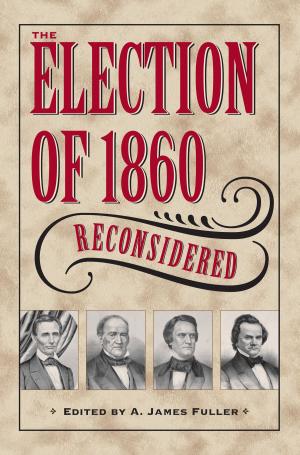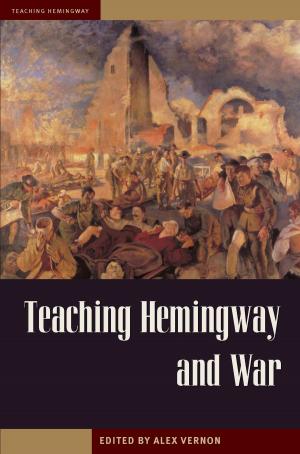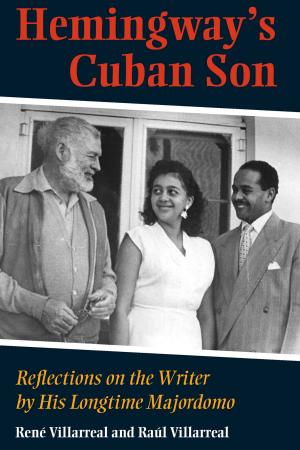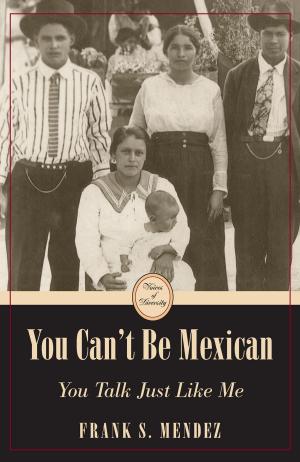For Their Own Cause
The 27th United States Colored Troops
Nonfiction, History, Americas, United States, Civil War Period (1850-1877), Military| Author: | Kelly D. Mezurek | ISBN: | 9781631012228 |
| Publisher: | The Kent State University Press | Publication: | October 25, 2016 |
| Imprint: | The Kent State University Press | Language: | English |
| Author: | Kelly D. Mezurek |
| ISBN: | 9781631012228 |
| Publisher: | The Kent State University Press |
| Publication: | October 25, 2016 |
| Imprint: | The Kent State University Press |
| Language: | English |
The 27th United States Colored Troops (USCT), composed largely of free black Ohio men, served in the Union army from April 1864 to September 1865 in Virginia and North Carolina. It was the first time most members of the unit had traveled so far from home. The men faced daily battles against racism and against inferior treatment, training, and supplies. They suffered from the physical difficulties of military life, the horrors of warfare, and homesickness and worried about loved ones left at home without financial support. Yet their contributions provided a tool that allowed blacks with little military experience, and their families, to demand social acceptance and acknowledgment of their citizenship.
Their service did not end when their enlistment was over. After the men of the 27th returned to Ohio, they and their families sought full access to the Fourteenth and Fifteenth Amendments and compensatory citizenship rights for their collective sacrifice. Despite their constant battle against racism, this public behavior benefited the men and their families. It also meant that the African American role in the Union victory remained part of local community remembrance and commemoration. As a result, the experiences of these men from the 27th USCT gave the late-nineteenth-century Ohio black community legitimate hopes for access to equal civil and social rights for all.
For Their Own Cause is the first comprehensive history of the 27th USCT. By including rich details culled from private letters and pension files, Mezurek provides more than a typical regimental study; she demonstrates that the lives of the men of the 27th USCT help to explain why in the wars that followed, despite the disappointments and increasingly difficult struggle for African American equality that continued for far too many decades after the promise of the three Civil War–era constitutional amendments, blacks in the United States continued to offer their martial support in the front lines and the back.
The 27th United States Colored Troops (USCT), composed largely of free black Ohio men, served in the Union army from April 1864 to September 1865 in Virginia and North Carolina. It was the first time most members of the unit had traveled so far from home. The men faced daily battles against racism and against inferior treatment, training, and supplies. They suffered from the physical difficulties of military life, the horrors of warfare, and homesickness and worried about loved ones left at home without financial support. Yet their contributions provided a tool that allowed blacks with little military experience, and their families, to demand social acceptance and acknowledgment of their citizenship.
Their service did not end when their enlistment was over. After the men of the 27th returned to Ohio, they and their families sought full access to the Fourteenth and Fifteenth Amendments and compensatory citizenship rights for their collective sacrifice. Despite their constant battle against racism, this public behavior benefited the men and their families. It also meant that the African American role in the Union victory remained part of local community remembrance and commemoration. As a result, the experiences of these men from the 27th USCT gave the late-nineteenth-century Ohio black community legitimate hopes for access to equal civil and social rights for all.
For Their Own Cause is the first comprehensive history of the 27th USCT. By including rich details culled from private letters and pension files, Mezurek provides more than a typical regimental study; she demonstrates that the lives of the men of the 27th USCT help to explain why in the wars that followed, despite the disappointments and increasingly difficult struggle for African American equality that continued for far too many decades after the promise of the three Civil War–era constitutional amendments, blacks in the United States continued to offer their martial support in the front lines and the back.















